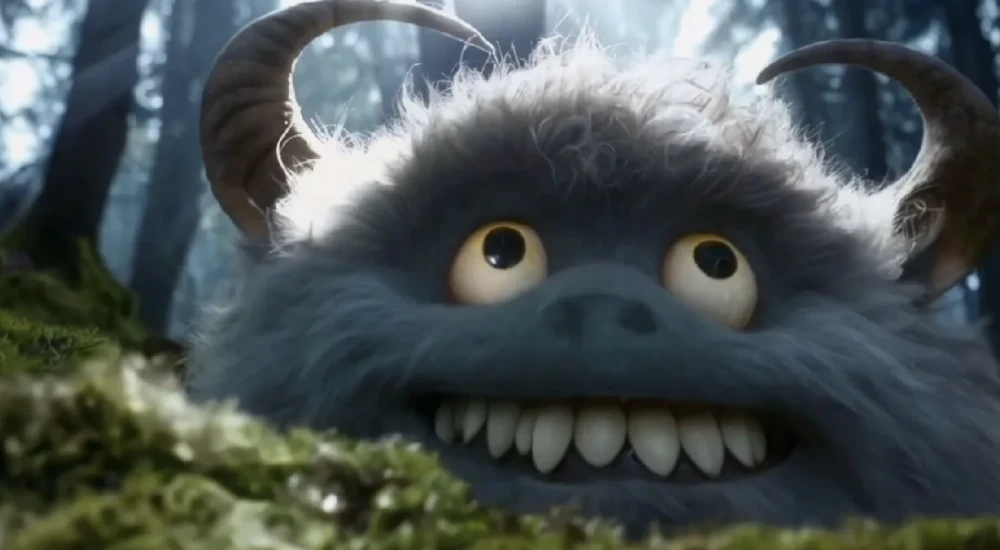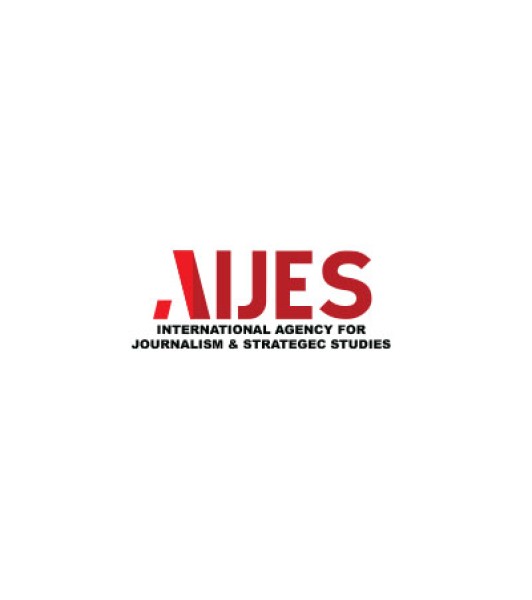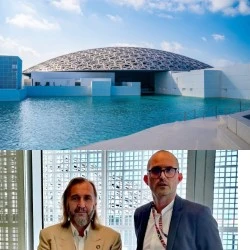OpenAI Backs AI-Generated Animated Film ‘Critterz’
- 2025-09-08 08:11:39

OpenAI is betting on Hollywood’s future by backing “Critterz,” a feature-length animated film created largely with its generative AI tools. Announced September 7, the project aims to prove that AI can produce cinema-quality content faster and more affordably than traditional methods.
In a collaboration with London-based Vertigo Films and Los Angeles AI studio Native Foreign, the team plans to complete the movie in just nine months on a budget under $30 million. This ambitious experiment is a direct challenge to conventional filmmaking and a high-stakes demonstration of AI’s creative potential for a skeptical industry.
A New Production Model for Hollywood
The project is the brainchild of Chad Nelson, a creative specialist at OpenAI. He first developed “Critterz” as a short film using the company’s DALL-E image generator. That initial experiment has now been remastered with OpenAI’s video tool, Sora, and is being expanded into a feature, with a planned debut at the Cannes Film Festival next year.
This production employs a hybrid model that blends AI efficiency with human oversight. The script was penned by writers from the team behind “Paddington in Peru,” while artists provide initial sketches to guide the AI’s visual output. Human actors will also be cast for voice roles.
This approach is designed to showcase a collaborative future for AI in entertainment. As OpenAI creative specialist Chad Nelson explained, “OpenAI can say what its tools do all day long, but it’s much more impactful if someone does it. That’s a much better case study than me building a demo.”
The company hopes this film will serve as a powerful proof of concept for a wary Hollywood. An OpenAI spokesperson added, “The film reflects the kind of creativity and exploration we love to encourage.”
From Years to Months: The Promise of AI-Accelerated Filmmaking
The most disruptive aspect of “Critterz” is its radically compressed production schedule. The team aims to finish the film in about nine months, a stark contrast to the three years typically required for an animated feature. The budget is also significantly lower, at less than $30 million.
This acceleration is powered by OpenAI’s latest suite of generative tools. The workflow leverages DALL-E for concept art, the Sora model for video generation, and the new GPT-5 model for other production tasks.
The project is funded by Vertigo’s Paris-based parent company, Federation Studios. The experimental nature of the venture is not lost on its producers. James Richardson, co-founder of Vertigo Films, acknowledged the uncertainty, stating, “I have never been in this position in my life where we are starting a movie and I have no idea what’s about to happen.”
Richardson called it “a very ambitious massive experiment.” If successful, the film could create a new playbook for content creation, demonstrating a viable path for AI integration that lowers barriers to entry for creators.
Collaboration vs. Copyright: A Divided Industry
While OpenAI champions a collaborative model, its push into Hollywood comes at a time of intense conflict over AI’s use of intellectual property. The entertainment industry is fighting a legal war against AI developers, creating a tense backdrop for the “Critterz” experiment.
Major studios are taking an aggressive stance. In recent months, Disney, Universal, and Warner Bros. Discovery have all filed high-stakes copyright infringement lawsuits against AI firm Midjourney. They allege the company built its business by illegally training its models on their iconic characters.
Warner Bros. accused Midjourney of “brazen theft,” while Disney’s general counsel, Horacio Gutierrez, offered a blunt assessment: “Piracy is piracy, and the fact that it’s done by an A.I. company does not make it any less infringing.”
This battle reflects a fundamental disagreement over whether training AI on existing content constitutes fair use or piracy.
The industry may be at a tipping point. The conflict has been called a watershed event, with Cecilia Ziniti, CEO of GC AI, declaring, “this is the A.I. industry’s Napster moment.” This follows a landmark settlement where AI firm Anthropic agreed to pay authors over $1.5 billion for training its models on pirated books.
That precedent shifts the legal ground from abstract debates about fair use to the concrete issue of data sourcing. For OpenAI, “Critterz” is not just a movie; it’s a strategic move to demonstrate value and win over an industry that remains both intrigued and deeply suspicious of its technology.











